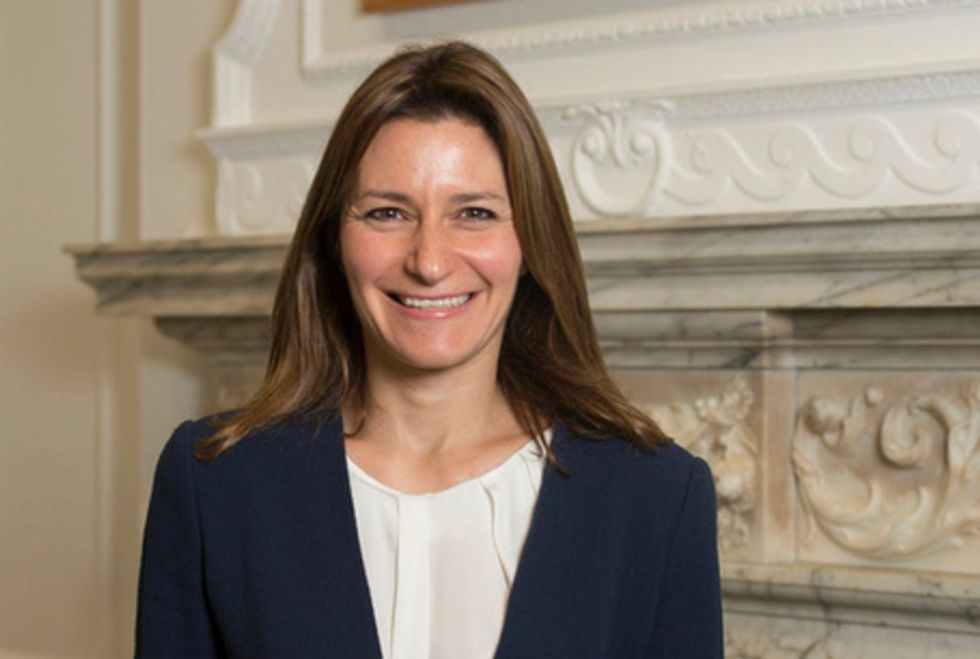Fury as Eurovision Song Contest to be funded by £31m subsidy from BRITISH taxpayers - 'Why are we paying for this bull****!?'
Eurovision 2023 row: Kalush Orchestra from Ukraine pose after winning the 2022 Eurovision Song Contest in Turin
Reuters









